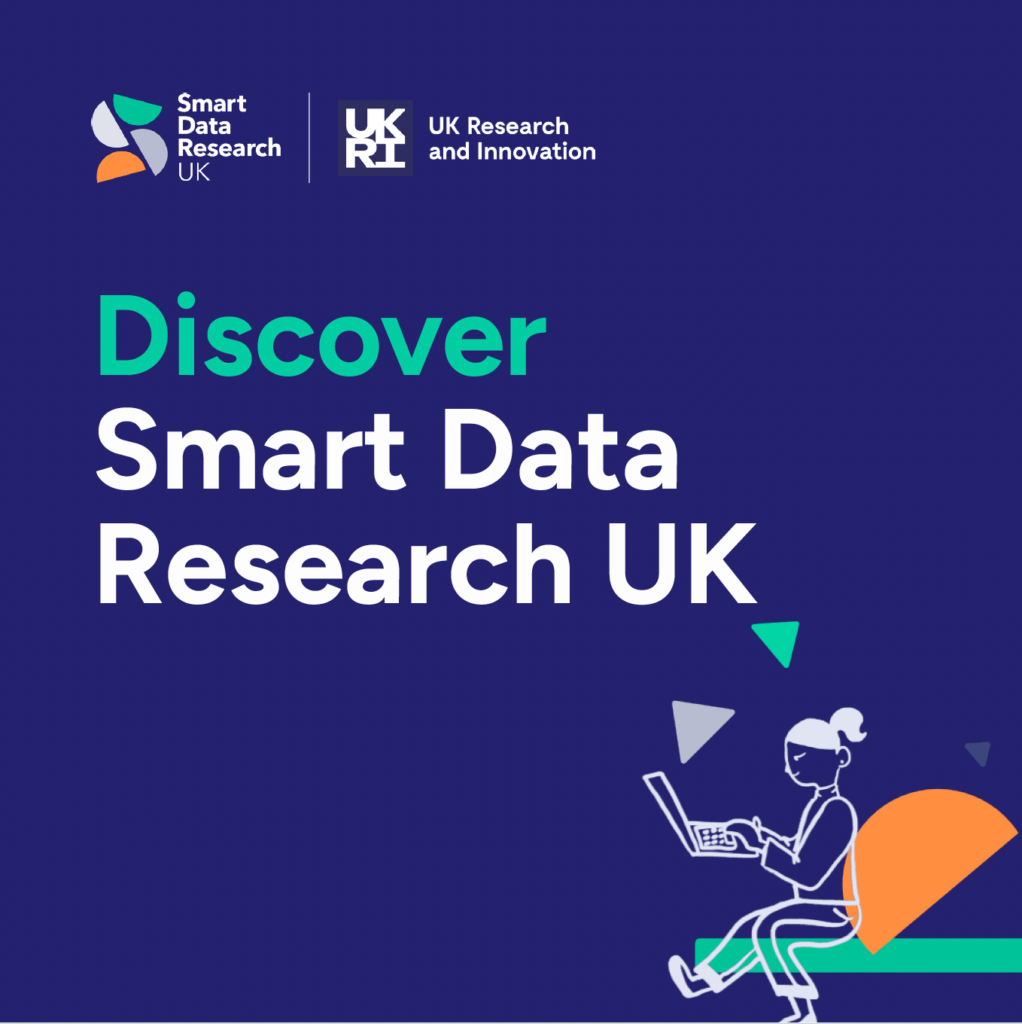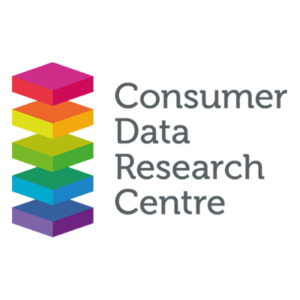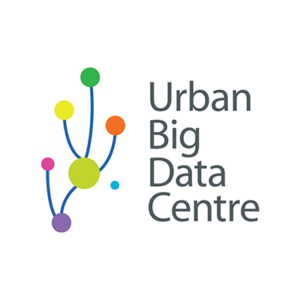What we can offer
SDR UK is delivered by a family of six data services based at leading UK universities and research organisations.
Each service acquires, stewards, and enables safe access to diverse smart data within secure environments that protect privacy while enabling breakthrough research.
Our data services can provide researchers with:
- access to open datasets that don’t contain any personal or sensitive data
- controlled access to protected safeguarded and secure data
- expert help to understand and explore the data
- research funding opportunities
- training
Meet our data services

Financial Data Service
For financial behaviours, economic resilience and regional economic activity.

Healthy and Sustainable Places Data Service
For place-based research on health, lifestyles, and mobility.

Imago – Data Service for Imagery
Unlocking the potential of satellite imagery to understand urgent challenges in the UK.
Become a data partner
Smart Data Research UK’s six data services work with partners across industry on collaborative research using smart data. Find out which data partners are working with our teams and how to get involved.
Brochure
The Discover Smart Data Research UK brochure is now available to read and download.
It provides an overview of our six data services and their activities as we unlock the power of smart data for research and address pressing social and economic challenges.
Read or download the Discover Smart Data Research UK brochure.

Legacy data services

Consumer Data Research Centre
Using consumer data to provide unique insight into a diverse range of societal and economic challenges.

Urban Big Data Centre
Promoting the use of smart data to improve social, economic and environmental wellbeing in cities.
Types of data
We are developing a range of smart datasets and services to support innovative research. Here are some examples of the smart data you will be able to find across our data services in the next few years
Retail and business data
Digital records of the production, distribution and sale of goods and services:
- store loyalty cards
- checkout scanners
- management information systems
- online shopping transactions
App and web data
Digital traces from human engagement with online services and sites:
- social media
- forums
- apps
- gaming and streaming services
- gambling services
Financial data
Digital transactions and other financial products:
- high street banking transactions
- card payment systems
- digital currencies
- loans
- pensions and other investments
Transport, mobility and infrastructure data
Sensors monitoring the physical environment or the movement of people and objects:
- GPS-enabled devices and vehicles
- communication networks
- sensors in transport networks
- supply chains
- buildings
- environmental sensors
- energy systems
- utility networks
Imagery data
Remote imaging devices:
- satellite imagery
- aerial imagery
- LiDAR
- street-level imagery
- crowdsourced imagery
Smart device and wearables data
Sensors on the body; devices sensing and acting in small-scale environments:
- smart watches
- fitness trackers
- wearable glucose monitors
- smart speakers
Keeping data safe
We follow the highest standards of ethical conduct and responsible data practices. We ensure data is governed in a trustworthy way for appropriate levels of privacy and full legal compliance.
The Five Safes Framework
With secure data, Smart Data Research UK operates according to the Five Safes model developed by the Office for National Statistics (ONS). This is a set of established safeguards and measures to ensure organisations keep data safe and secure:
Safe People
Trained and accredited researchers trusted to use data appropriately.
Safe Projects
Data that are only used for valuable, ethical research that delivers clear public benefits.
Safe Settings
Settings in which access to data is only possible using our secure technology systems.
Safe Data
Data that have been de-identified.
Safe Outputs
All research outputs that are checked to ensure they cannot identify data subjects.
Collectively, the Five Safes address various aspects of data handling, including:
- appropriate access
- project intentions
- data de-identification
- secure environments
- controlled data outputs
By encompassing these safeguards, the ONS Five Safes model provides a structured approach that balances the public benefit of data use with the imperative of safeguarding privacy and security.
These measures, and others, reflect our commitment to data safeguarding and the preservation of public trust.
Learn more about our practices relating to ethics and responsibility and read some of our case studies illustrating how researchers are working with smart data.
A data infrastructure family
Smart Data Research UK is part of the UKRI Infrastructure Fund – find out more about the other organisations that are part of its data infrastructure family.



